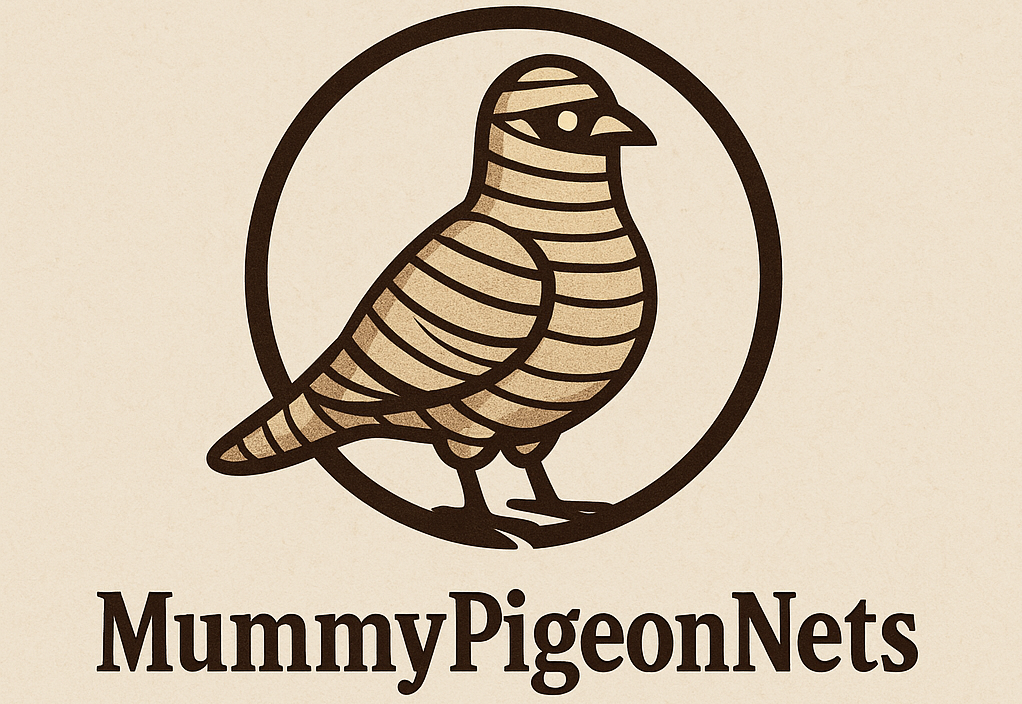VIDEOS
Pigeon lung disease, also known as bird fancier’s lung or hypersensitivity pneumonitis, is a lung condition triggered by inhaling avian antigens, particularly from pigeon droppings and feathers, leading to inflammation and potentially scarring of the lungs
What is Pigeon Lung Disease?
Hypersensitivity Pneumonitis (HP):
Pigeon lung disease falls under the umbrella of hypersensitivity pneumonitis, a type of lung disease caused by an allergic reaction to inhaled substances, not an infection.
Avian Antigens:
The culprit is exposure to avian antigens, which are proteins found in bird droppings, feathers, and dust from bird houses.
Mechanism:
Repeated exposure to these antigens triggers an inflammatory response in the lungs, leading to inflammation and, in some cases, scarring (fibrosis) of the lung tissue.
Bird Fancier’s Lung:
This name is often used because people who work with or are in close contact with birds, like pigeon fanciers, are at higher risk.

